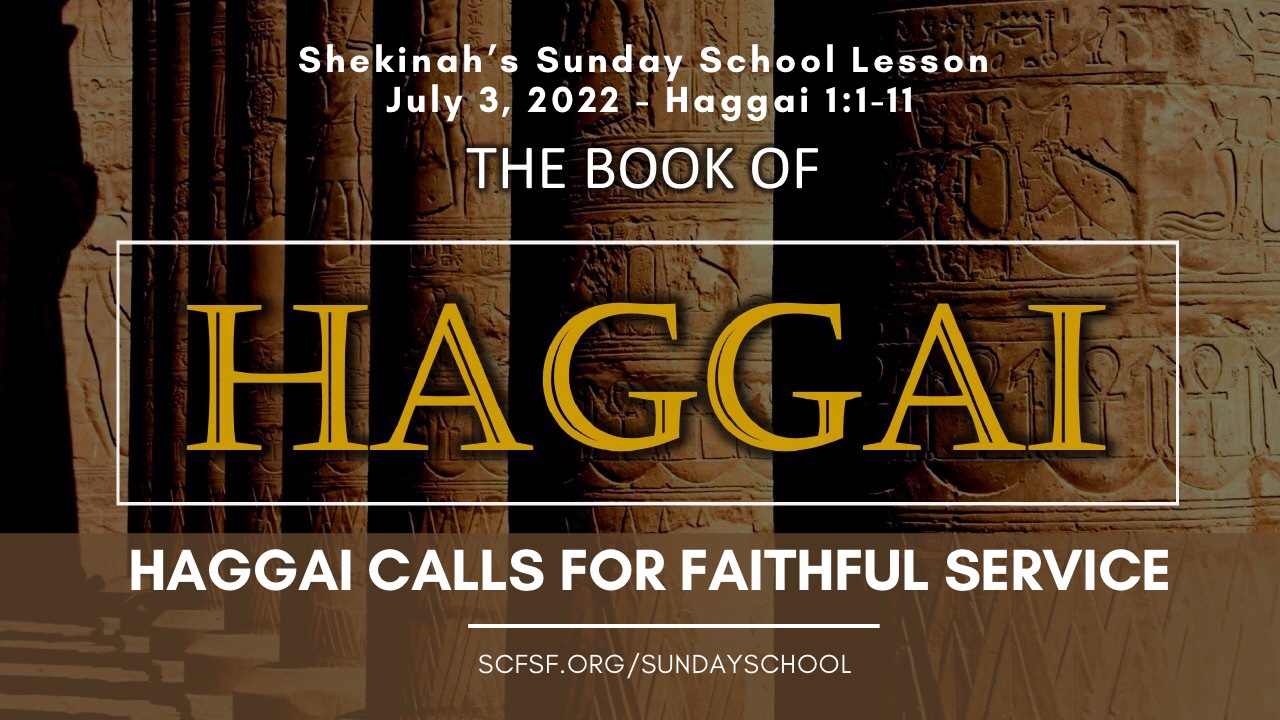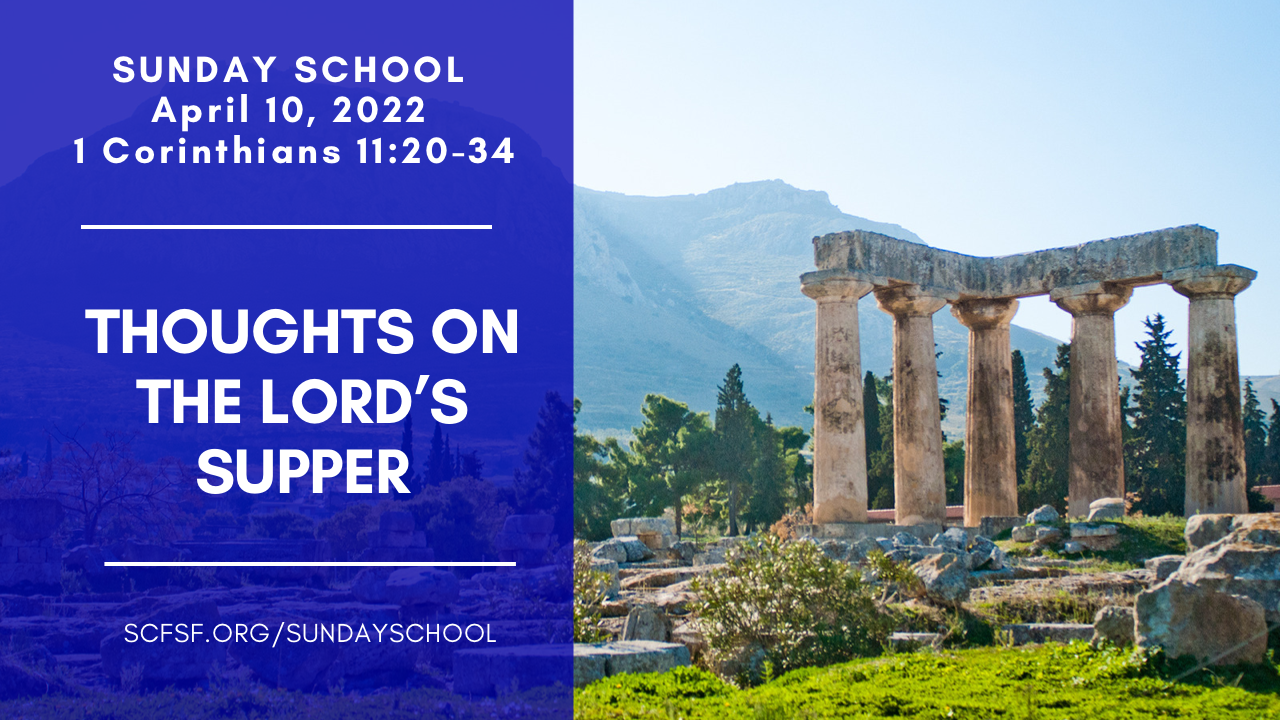
Scripture
By Lecha Price
Lesson Text: Haggai 1:1-11
Related Scriptures: Leviticus 26:14-45; Deuteronomy 28:15-51; Romans 8:28-39
In our lesson today, we learned that Haggai’s call to faithful service was a rebuke to the people for their disobedience in failing to build God’s house and instead focused on building their own. Our God is holy, and we must obey Him in all He says for us to do.
Likewise, in the related scripture – Leviticus 26:14-45, we see God’s punishment for disobedience. The previous verses of the same chapter outline God’s promises to bless His people, live among them and be their God. However, if they refused and were not willing to obey His ordinances, punishment would be inevitable. In His graciousness and lovingkindness, God has granted His people free will and the choice to obey. The scripture says, “If we are willing and obedient, we will eat the good of the land.” Isaiah 1:19.
Similarly, Deuteronomy 28 reminds us of God’s blessings and curses. Here, Moses tells the people if they diligently obey the voice of the Lord their God, and observe to do all He commands, His blessing shall surely overtake them. Conversely, if they disobey, the people and land would suffer. Furthermore, the Apostle Paul encourages us in Romans 8:28-39 that when we live an obedient life pleasing to God, we can know all things will work together for our good and those called according to His purpose. Our heavenly Father spared not His only Son but freely delivered him up for us all.
Synopsis
By Doug Smith
The Jews who have returned to Babylon to rebuild the temple in Jerusalem were not able to finish their work because they were hindered by their enemies. There was no further work done on the temple in over 15 years.
Zerubbabel, governor of Judah, and Joshua the high priest, were key leaders in rebuilding the temple. Haggai encouraged the people to finish rebuilding the temple. Opposition from hostile neighbors had caused them to feel discouraged, neglect the temple, and thus neglect God! But Haggai’s message turned them around and motivated them to pick up their tools and continue the work that they have begun.
God asked His people, ‘ how can you live in luxury when my house lies in ruin?’. The people put their energies into rebuilding and beautifying their own homes. However, the harder the people worked for themselves, the less they had, because they ignored their priorities. Grain, grapes, and olives were Israel’s major crops and the people depended on these for security while neglecting the worship of God. As a result, God would send a drought to destroy their livelihood and call them back to Himself.
Practical Application
By Raufu Spagnoletta
In our lesson, Haggai called God’s people to realign their priorities to the revealed will of God. The people preferred to dwell in their lavish houses, while the House of the LORD lie in waste. Has indulging in personal pleasures when God desires worship become a stumbling block to one’s intimacy with God?
When God chastens and corrects us, He also gives instructions on how to readjust our life and reconcile our fellowship with Him. If we regularly ask God to exam our hearts and thoughts (Psalm 139:23-24), we join Him in the work of lasting and ongoing transformation.




